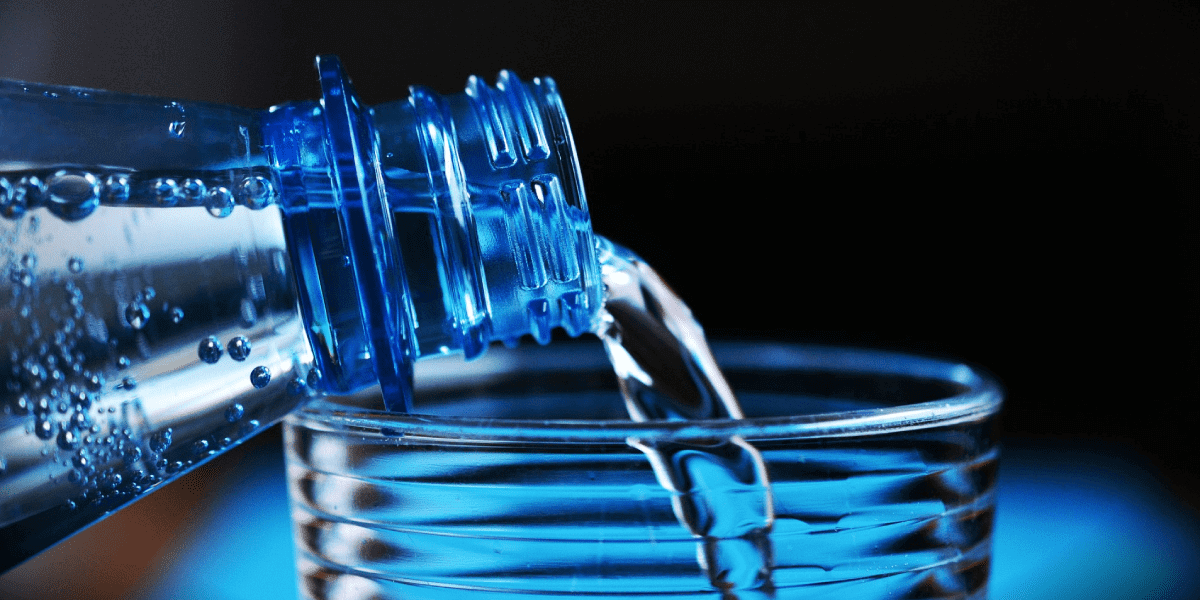It’s common knowledge that we can live much longer without food than we can without water. Our bodies are at least two-thirds water. After the air we breathe, water is the most essential nutrient our body needs for survival.
Why do we need water?
Our bodies lose a lot of water through sweat, urine, and even just by breathing. The amount of water our bodies lose each day depends on the conditions our bodies are dealing with. For example, extreme heat conditions can cause an average adult to lose up to half a gallon of water per day through sweat alone. If you add physical exertion to the conditions (say you’re hiking in the desert) you will lose more water more quickly.
Cold conditions tend to dehydrate us as well—so don’t forget to drink plenty of water when you hit the slopes. How healthy a person is can determine how long they can survive without water. A healthy person may last a whole day long without water than an unhealthy person. In average conditions—not too hot and not too cold—and with little to no physical exertion, the average adult can survive for three to five days without replenishing their water.
Recommended amounts of water
It’s recommended that adults drink about eight cups (64 ounces) of water each day. Some of this water can be taken in through food and other liquids, so if you don’t quite make all eight cups you’re probably ok. If you’re packing water for your emergency kit, it’s good to include a gallon of water for each day. This will give you enough to drink and enough for basic sanitation and cooking needs.

